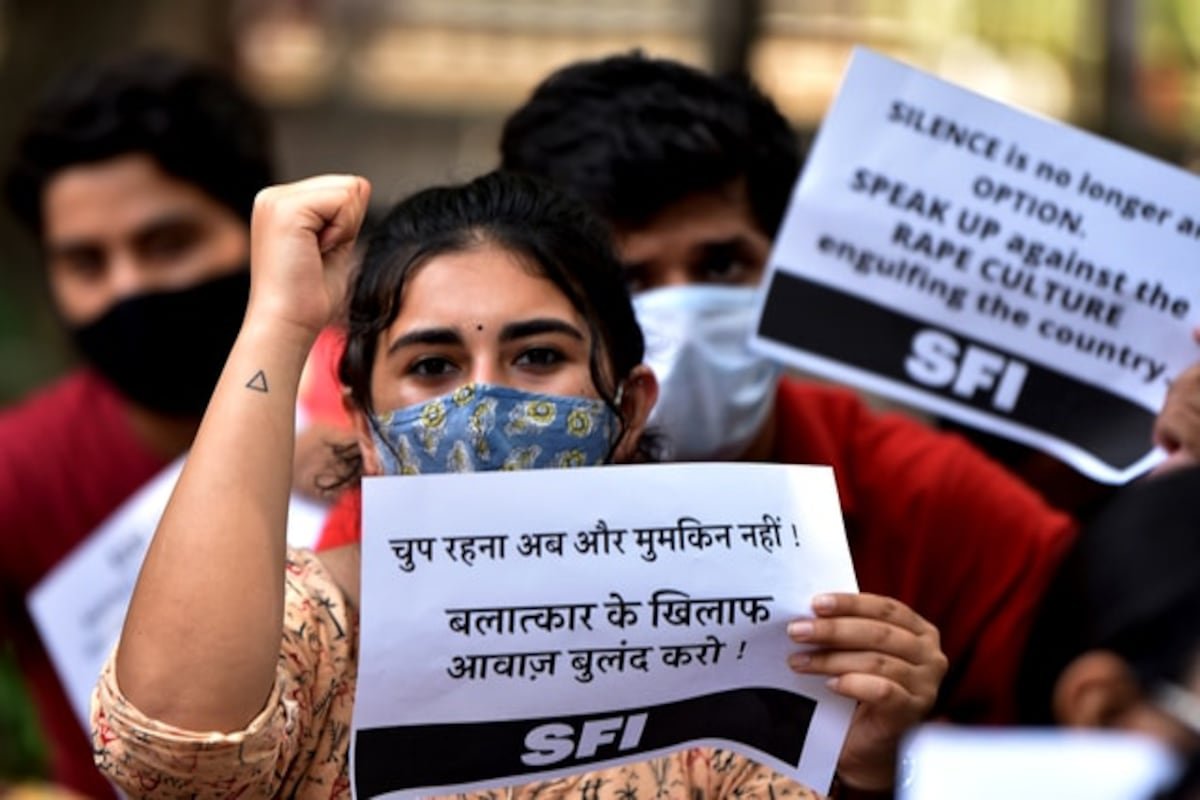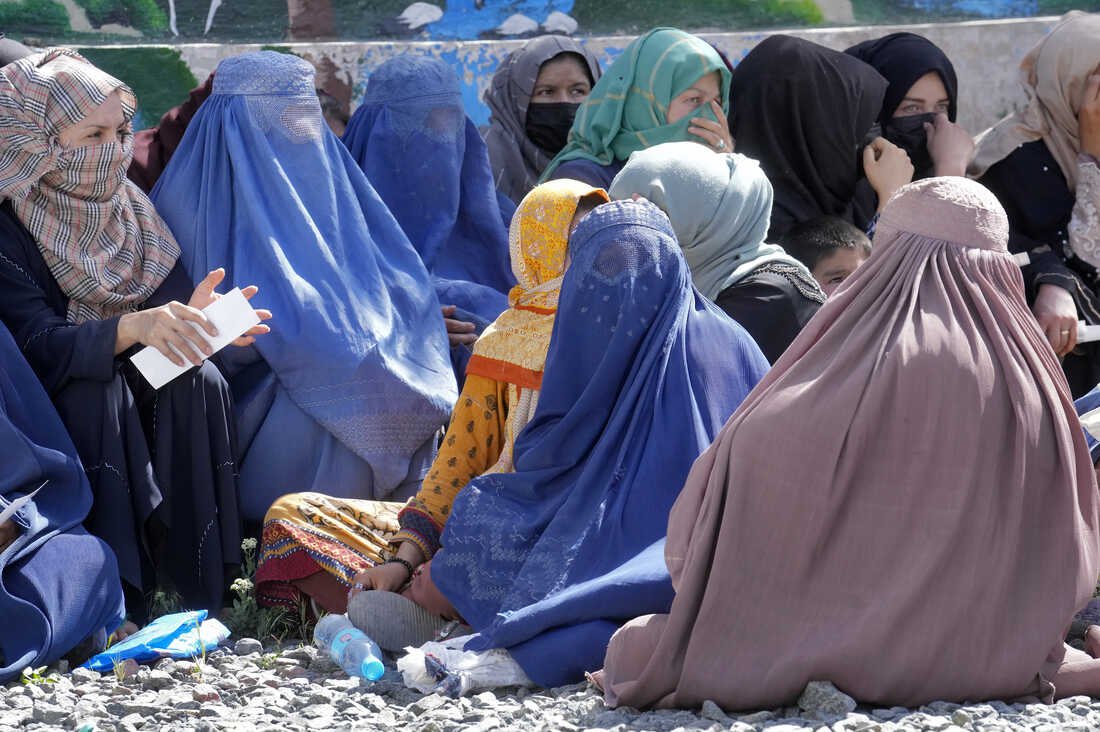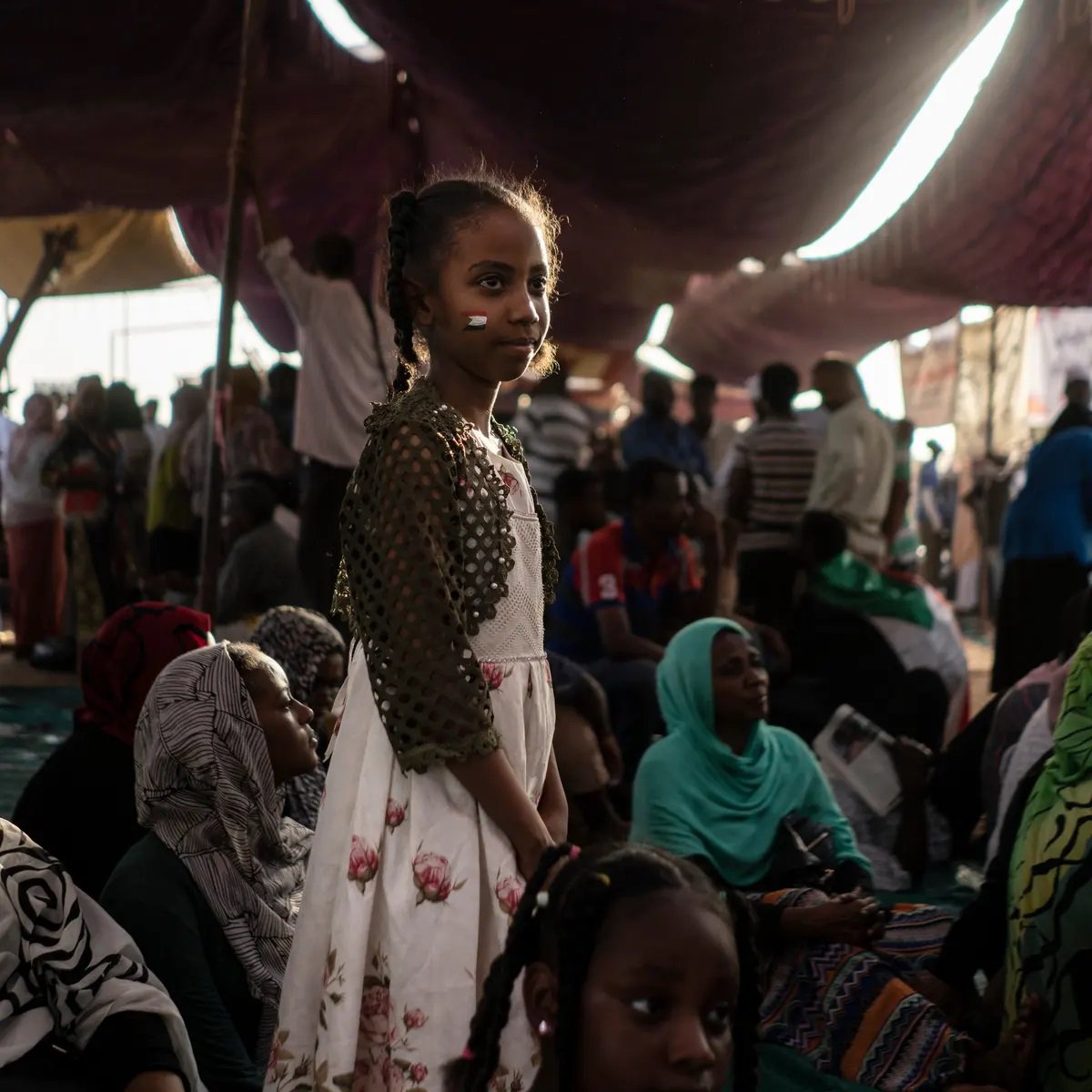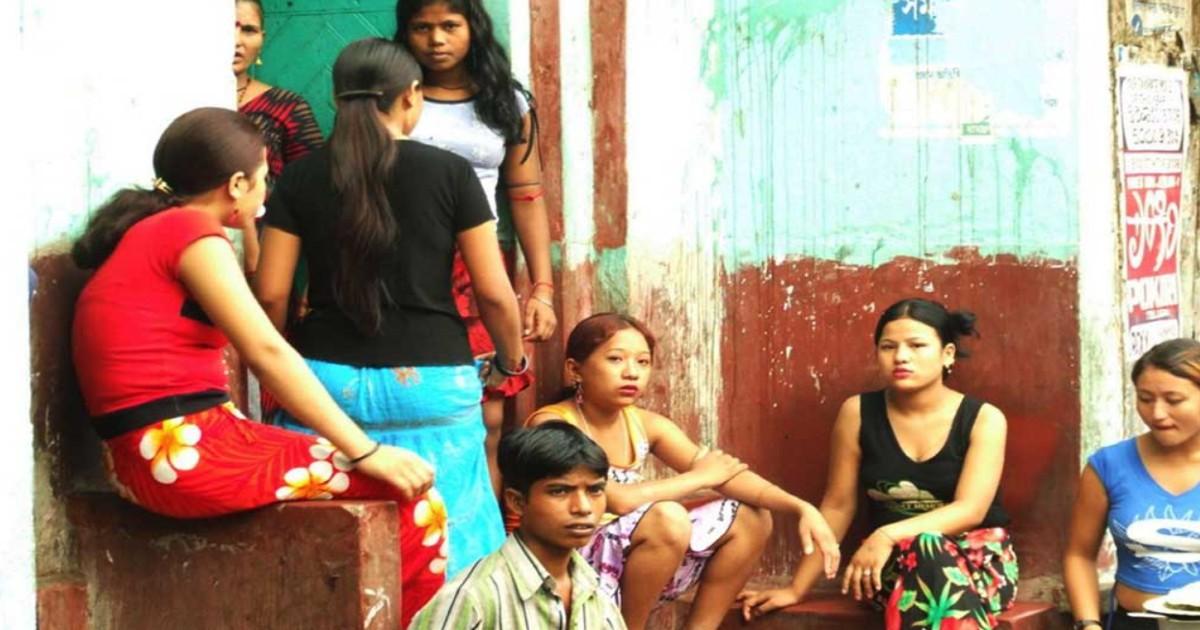Below, we discuss sexist laws and rules imposed on women that unbelievably still exist in 2022. We need to fight these together, and when we fight, we have to remember that a “woman” is not just a human born as a woman. Transgender women are women too. Moreover, there are people who are born as a “woman” but choose not to identify as one, but that does not mean that the arguments against laws such as the abortion ban should not include them.

1. Marital rape is not rape in India if the woman is above 18 years of age.
The archaic, exception 2 to Section 375 of the Indian Penal Code, states that if a woman, legally married to a man, is above 18 years of age, he can have sex with her without consent and that will not amount to rape. The idea is based heavily on the assumption that marriage amounts to consent, which is factually incorrect, and problematic.
India has a long history of forced marriages, and if the relationship itself is founded on intimidation, consent to sex then becomes an even more complicated topic. That said, even in consensual marriages, women can withdraw consent to have sex at any point and no law should be telling them they’re not allowed to.

2. In almost half of America, any child-bearing human can be legally declared a criminal if they opt to abort their child.
The US Supreme Court recently struck down Roe v. Wade, leaving it up to the states whether they want to ban abortion or not. Half of them did, or are on their way. This directly impacts the lives of millions of women and pregnant people, putting them at high-level risk that could even lead to death in certain cases. It’s mind-boggling to think that a human’s death will be acceptable to the law but not that of an unborn child who has not even developed heartbeat in a many instances.

3. If the biggest democracies in the world have no face to show when it comes to working towards gender equality, one can only imagine the state of women in a country like Afghanistan, ruled by the Taliban.
The Taliban has mandated that all women should be covered head-to-toe in public places and nothing except their eyes should be revealed. Huge emphasis has been paid to the fact that it would be preferable if they didn’t leave their homes at all. The terrorist group has also effectively banned women’s schooling, making the country a nightmarish region for them.

4. Russia decriminalised many forms of domestic violence in 2017, saying that only “serious injuries”, i.e. the ones resulting in hospitalisation will amount to a criminal act.
But as one would imagine, that even those are heavily let go of. And what is this parameter, anyway? By this logic, anyone who does not have a broken bone to show in the court, can’t fight a case? Because it is a ‘family issue’? Truly disappointing. Justifying the move back then, Maria Mamikonyan of the All-Russian Parents Resistance movement had said, “The family is a delicate environment where people should sort things out themselves”.

5. In Sudan, girls as young as 10 can be married off.
Sudan follows laws that allow children tp be wed as soon as they are “mature” enough. Obviously, the term is vague and in many cases, girls as young as 10 years of age are married to men who can be 3 times their age or 4 times. In a case that made news around the world, an 11-year-old girl had sought divorce from her 38-year-old husband in 2018.

These laws are just the tip of the iceberg. There are countless laws and loopholes followed by individual countries that threaten women’s autonomy and put their lives at risk. We have a long way to go. The fight to equality must go on.

















